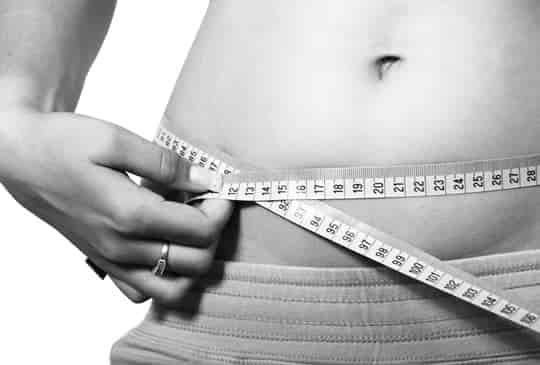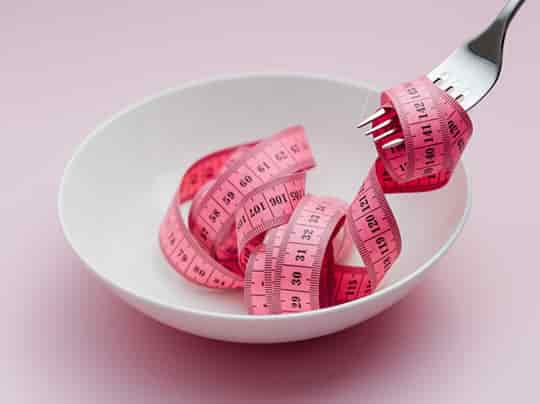The habit is linked to decreased physical activity and a worse diet, which are both serious barriers to weight loss.
Smartphones are a common barrier to weight loss, new research suggests.
High levels of smartphone use are linked to decreased physical activity and a worse diet, which are both serious barriers to weight loss.
People using their smartphones for 5 or more hours per day had a 43 percent higher risk of obesity, researchers found.
They were also more likely to have lifestyle habits that increase the risk of heart disease.
Like many technologies, smartphones are not inherently good or bad in themselves — the key is how they are used.
Ironically, researchers have long been testing the use of smartphones to help people lose weight.
Using smartphones to help motivate weight loss and keep track of eating and exercise habits may be helpful in fighting obesity, studies have suggested.
Dr Mirary Mantilla-Morrón, the study’s first author, believes many people do not take advantage of the positive side of the technology:
“It is important that the general population know and be aware that, although mobile technology is undoubtedly attractive for its multiple purposes, portability, comfort, access to countless services, information and entertainment sources, it should also be used to improve habits and healthy behaviors.
Spending too much time in front of the Smartphone facilitates sedentary behaviors, reduces the time of physical activity, which increases the risk of premature death, diabetes, heart disease, different types of cancer, osteoarticular discomfort and musculoskeletal symptoms.”
The study included 1,060 young adults with an age of around 19 or 20.
The results showed that those using smartphones were twice as likely to eat more fast food, sweets and sugary foods in general, on top of decreased physical activity.
Dr Mantilla-Morrón said:
“The results of this study allow us to highlight one of the main causes of physical obesity, a risk factor for cardiovascular disease.
We have also determined that the amount of time in which a person is exposed to the use of technologies — specifically prolonged cell phone use — is associated with the development of obesity.”
The study was presented at the American College of Cardiology Latin America Conference 2019 (Mantilla-Morrón et al., 2019).









